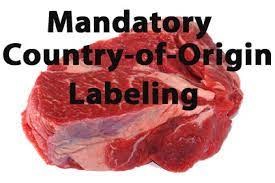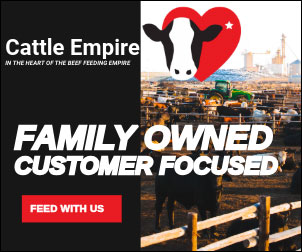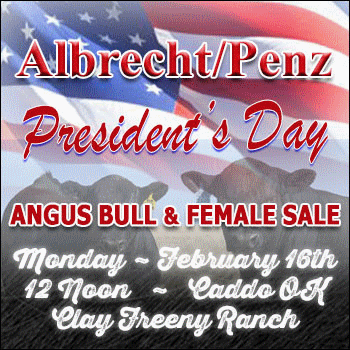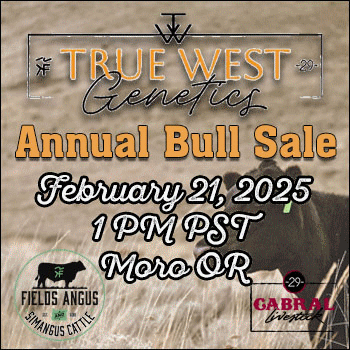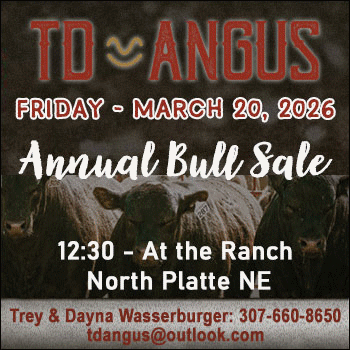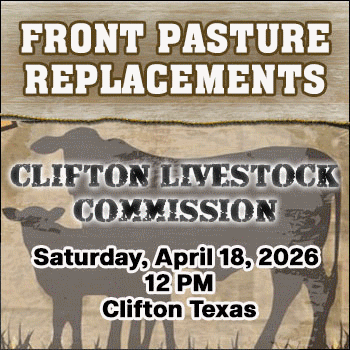WASHINGTON — With beef imports in the national spotlight, Reps. Harriet Hageman (R-Wyo.) and Ro Khanna (D-Calif.) today reintroduced the Country of Origin Labeling Enforcement Act of 2025 in the U.S. House of Representatives. The legislation would restore mandatory country of origin labeling (MCOOL) for beef, ensuring that American consumers once again have the right to know where their beef comes from.
The bill is cosponsored by Reps. Thomas Massie (R-Ky.), Paul Gosar (R-Ariz.), Warren Davidson (R-Ohio) and Chip Roy (R-Texas). It serves as the House companion to the bipartisan American Beef Labeling Act (S.421) in the Senate, led by Sens. John Thune (R-S.D.), Cory Booker (D-N.J.), Mike Rounds (R-S.D.), Martin Heinrich (D-N.M.), Cynthia Lummis (R-Wyo.), John Fetterman (D-Pa.), John Hoeven (R-N.D.) and Ben Ray Luján (D-N.M.).
While the Senate bill directs the U.S. Trade Representative and U.S. Department of Agriculture to reinstate MCOOL for beef within one year in compliance with the World Trade Organization (WTO), the House bill takes a stronger enforcement approach. It reaffirms that the WTO cannot limit America’s right to label U.S. beef and increases penalties for false “Product of USA” claims. Both bills add beef back into the Agricultural Marketing Act’s labeling provisions.
The announcement comes amid national debate over using foreign beef imports to lower grocery prices. R-CALF USA CEO Bill Bullard said that without MCOOL, consumers cannot distinguish between foreign beef and domestic beef, even though beef imports are increasing rapidly and are being sourced from about 20 countries. For the past decade, importers were allowed to bring foreign beef into the U.S. market, repackage it and then sell it to unsuspecting consumers with a “Product of USA” label, leaving consumers unaware of what they are buying and putting American ranchers at a disadvantage. He said although a USDA final rule will take effect on Jan. 1 to put a stop to such deceptive labeling, the final rule is completely voluntary, does not affect imported beef, and doesn’t require anyone to label anything. This is why his organization supports the restoration of MCOOL as it will reestablish transparency and fairness in the marketplace by allowing consumers to choose American beef if they want to or cheaper imported beef if they prefer.
“We are grateful for Representatives Hageman and Khanna, and all the other cosponsors’ leadership in creating a competitive marketplace for both ranchers and consumers with their bill requiring accurate origin information on beef,” said R-CALF USA CEO Bill Bullard. “Consumers deserve the right to choose to buy imported beef or beef from America’s ranchers, and ranchers deserve the right to compete in their own domestic market. This important bill will accomplish both.”
